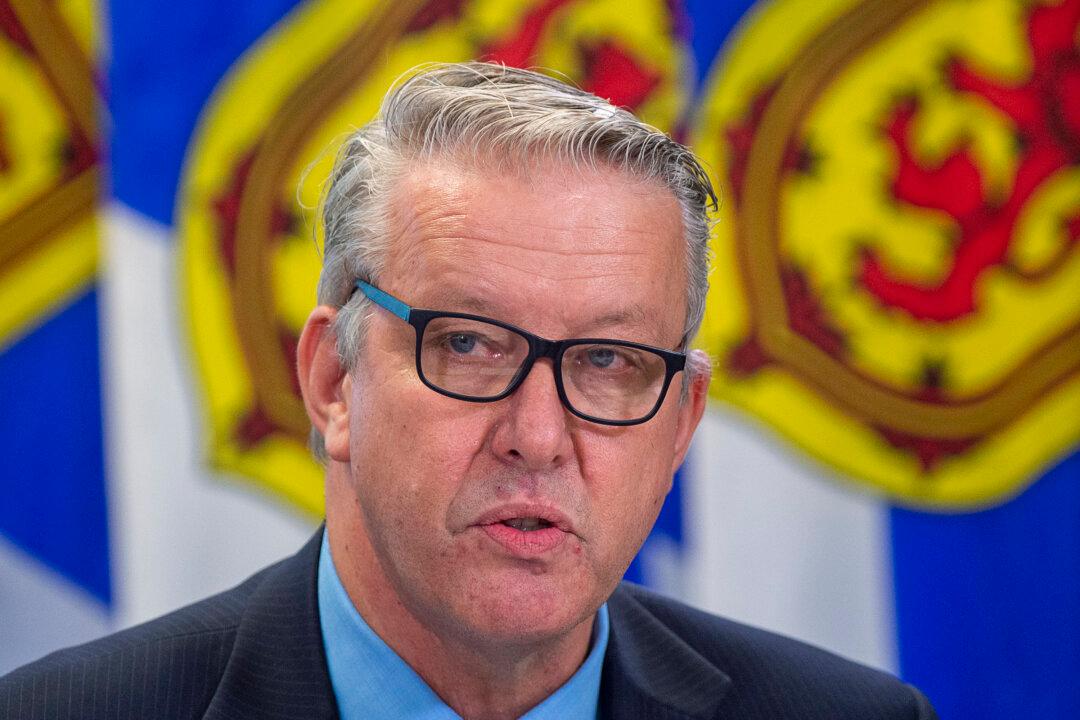The Nova Scotia government has introduced a $17.6-billion budget that includes major tax cuts and a reserve fund to be used if the U.S. president makes good on his threat to impose tariffs.
Finance Minister John Lohr brought forward a budget Tuesday forecasting a deficit of $697.5 million for the 2025-26 fiscal year—a figure that could rise if the $200-million reserve fund needs to be used.





